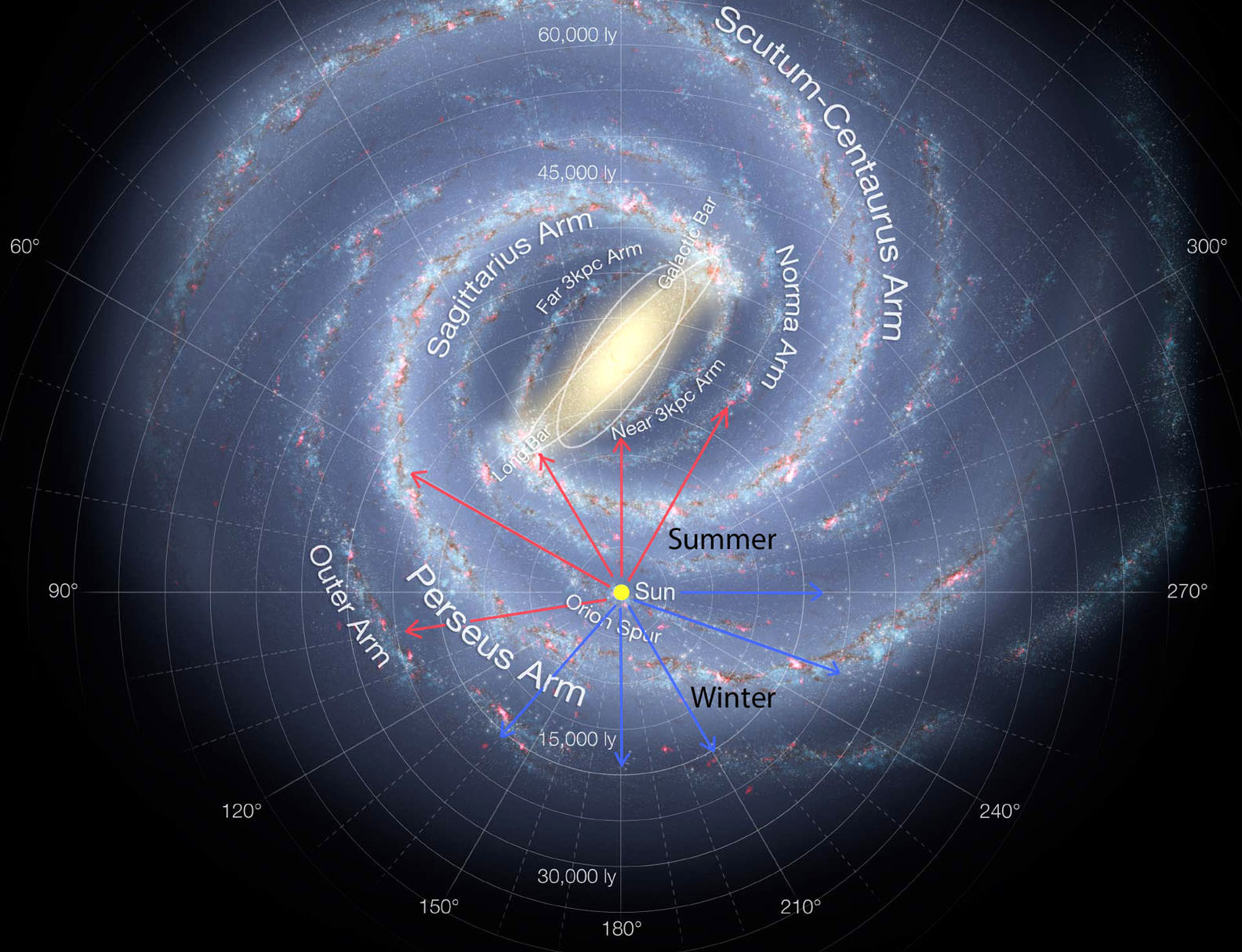A CICERONIAN LAWYER'S MUSINGS ON LAW, PHILOSOPHY, CURRENT AFFAIRS, LITERATURE, HISTORY AND LIVING LIFE SECUNDUM NATURAM
Sunday, November 26, 2017
Selfishess, Salvation and the Supernatural
The Milky Way, the galaxy of which our world is but a tiny part, is itself only a tiny part of the unimaginably vast universe in which we and all we know exist. Why do some of us insist there is "more"?
There is certainly more than we know, of course. We know only a very little of the universe. What I wonder, though, is why some of us believe there is more than the universe--by which I mean more than nature, i.e. the supernatural.
That very odd man, Cardinal Newman, in his Apologia, I think, wrote that he felt from an early age that the real world we know isn't "really real" but that there was something else lurking behind it, as it were. I find this view as odd as the man himself, even odder. What we insist on calling "supernatural" seems to me to be very much like what we know in nature made or perceived as strange. Ghosts, for example, are eerie figures which were people and so resemble people or are people but in an unusual form. The transcendent God many believe is, apparently, the perfect form or creator of all that we creatures of nature find admirable; but what we find admirable we admire because we know or believe it to be so naturally--we encounter or experience it within nature.
It strikes me that what we believe to be supernatural is more easily conceived of as being part of nature, of the universe that is, but part of it that we don't yet know or understand. People ignorant of quantum physics too often refer to it as somehow establishing something or other. I'm certainly ignorant of it myself, but what little I read and comprehend of it seems bewildering enough to indicate that we have much more to learn about the universe. With so much more to learn, why do we purport to envision anything beyond it? How can we even guess what that might be?
I would guess that belief in the supernatural results from a dissatisfaction with the natural. That dissatisfaction can only be one arising from a very narrow point of view of nature. This is necessarily the case because it must arise from the perspective of a dissatisfied person.
There's certainly enough to be dissatisfied with, of course. It's likely that's always been the case, and likely as well that there was even more to be dissatisfied about in the past. But the fact remains that nature dissatisfies because our perspective of it is ultimately a selfish and, relatively speaking, small one. The supernatural being unnatural or a-natural doesn't disappoint or rather can't disappoint because it isn't real and may be anything we want it to be.
Dissatisfaction with the world is necessarily selfish, and so it isn't surprising that satisfaction with the supernatural--that which isn't part of the world and so cannot be attained until we're not part of the world--is selfish as well. In other words, the afterworld or otherworld where we go when we're out of nature is hoped to be what we would be satisfied with, unlike the world in which we now live. We're thought to attain this desirable afterworld if we're worthy; if we're saved. The reward for salvation is in that sense intensely selfish as well. We are saved. Others may be if they are saved; or they may not be.
So it seems to me, in any case, as part of this speculation or train of thought.
This emphasis on the supernatural, on the transcendent, is therefore an exceedingly personal one. Which to me raises the question whether it is truly moral.
Concern for the welfare of others is a concern which is properly directed towards living in nature. Concern for their "immortal souls" is a concern with the supernatural. Perhaps that's why we've always been less concerned with the lives of others than we purport to be or than we say we should be.
It isn't surprising that those who refuse to cherish nature believing it to be secondary and who maintain that we're apart from nature rather than a part of it should be supremely selfish, because the world and all that is in it is essentially not their concern. It cannot be, not "really." We suffer from a disregard of the universe though we barely comprehend it. Our belief in transcendence dooms us to disconnection with the world and others.
Subscribe to:
Post Comments (Atom)

No comments:
Post a Comment